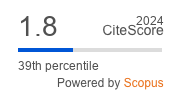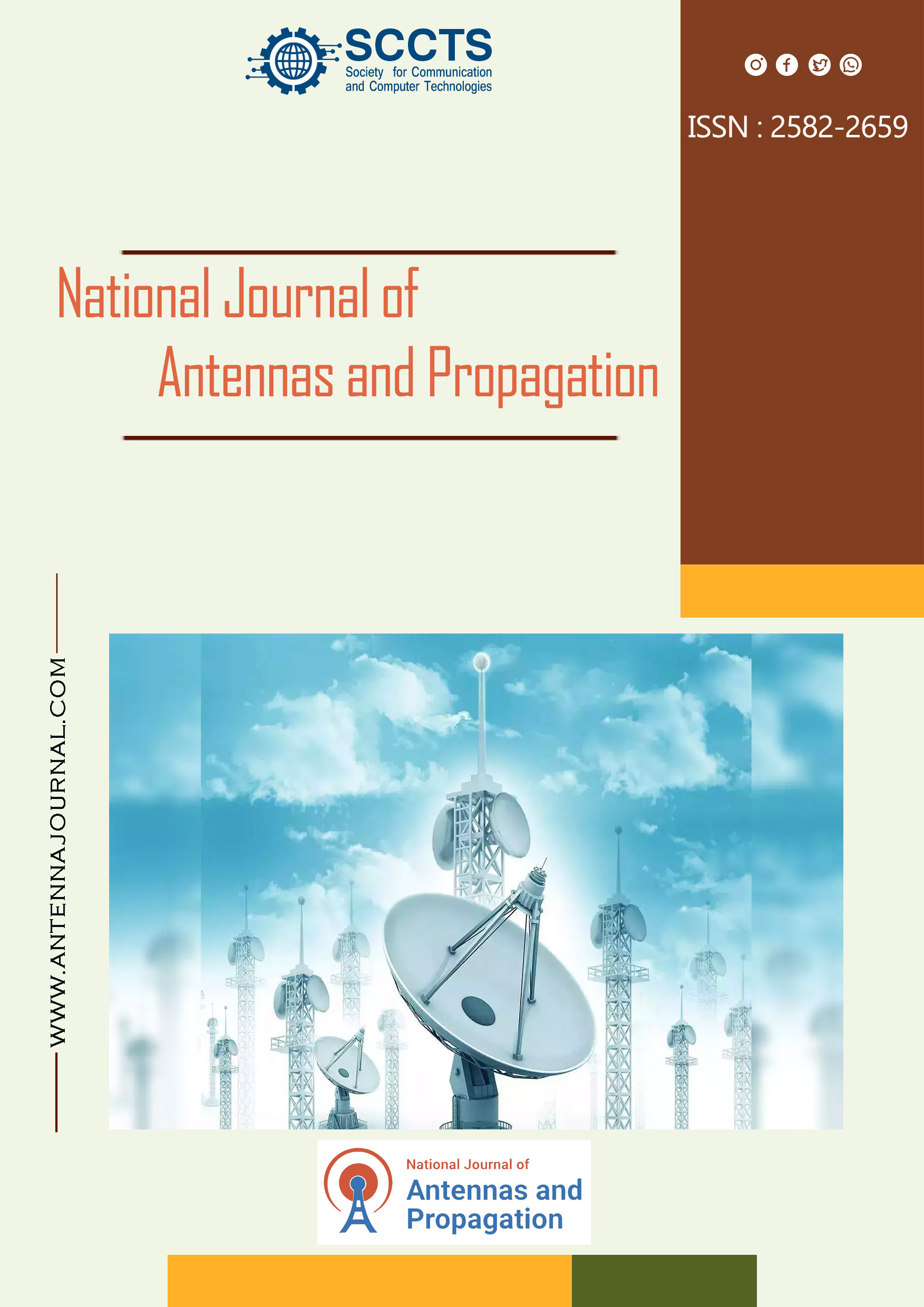Designing Spread Spectrum Communication Protocols to Mitigate Harsh Oceanic Conditions
DOI:
https://doi.org/10.31838/NJAP/07.01.19Keywords:
Spread Spectrum,, Communication Protocols,, Maritime Communication,, Signal Resilience,, Oceanic Environment,, Multipath Fading,, Doppler ShiftAbstract
Oceanic environments pose additional challenges for communication systems, including multipath propagation, Doppler shifts, signal fading, and both natural and artificial interference. They add significant difficulties to signal and data reliability, with communication—especially for devices located in harsh or isolated oceanic regions— being extremely difficult. This study focuses on the design and implementation of spread spectrum communication protocols that aim to improve the strength of the signals to be transmitted while ensuring the reliability of links. Techniques of Direct Sequence Spread Spectrum (DSSS) and Frequency Hopping Spread Spectrum (FHSS) are used to mitigate the effects of ocean’s signal degradation. The protocols are tested using simulations and maritime exercises. These exercises aim to simulate the ocean communication challenges such as ultra-long range talking over the ocean during storm swells. Test results showed that spread spectrum systems outperform narrowband communication systems with lower bit error rate (BER) and better signal-to-noise ratio (SNR). The study supports the integration of these systems into future maritime communication systems for robust communication with extreme conditional highlight. The results benefit the naval, autonomic maritime, and offshore industries by enhancing precision in data transmission.











